September Issue: Trend Talk—Park It Here
Guess which property amenity is truly recession-resistant?
By Anna Spiewak, Senior News Editor
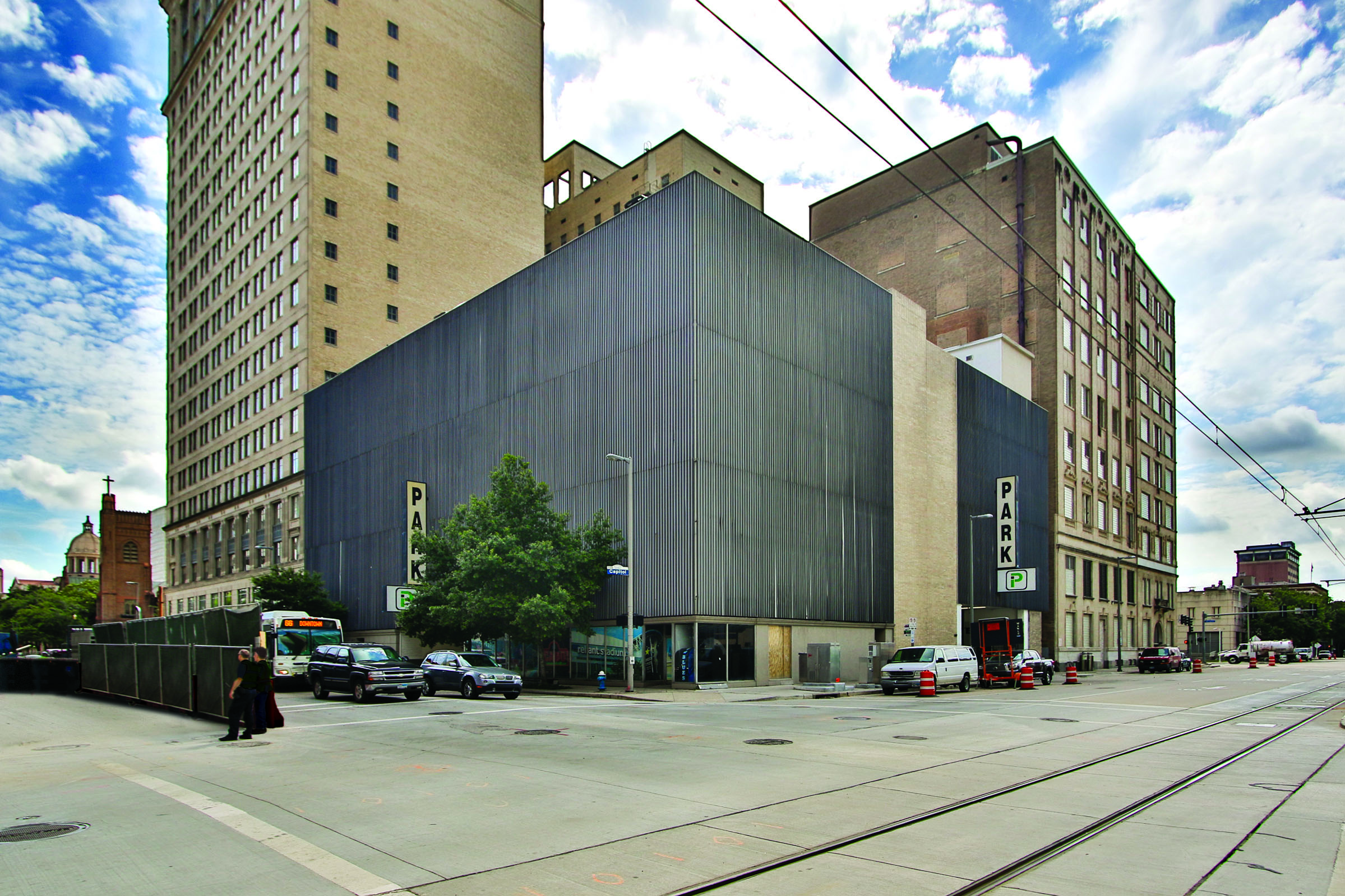
MVP REIT acquired this four-story, 265-space garage in downtown Houston in June as part of a five-property portfolio.
When the most recent economic downturn hit with full force, MVP REIT Chairman & CEO Mike Shustek concluded that only two property categories were truly recession-resilient: cemeteries and parking facilities.
“I had the choice of either parking cars or parking bodies,” he told Commercial Property Executive. Needless to say, Shustek chose the former.
MVP, a hybrid REIT with diversified holdings of loans and direct investments, bought its first portfolio of parking facilities in June. The deal encompassed a total of five properties in Fort Worth, Houston, St. Louis, Milwaukee and Denver. That expanded the REIT’s holdings to 11 surface parking lots, three parking garages and 2,927 parking spaces.
As rural populations decline and downtown areas and urban clusters grow ever more demographically diverse, some new residents are bringing cars to neighborhoods where acute parking shortages prevail. That’s when astute investors step in.
According to Shustek, developers like surface lots and parking structures for their redevelopment potential. The facilities are less complex to redevelop than properties whose tenants must first leave or be bought out. And while the owner prepares to build or sell, the facility continues to generate revenue. All of the facilities acquired by MVP this summer are located in central business districts, which offer both high demand for parking and redevelopment opportunities.
But not everyone buys these properties for the sake of redevelopment. BEB Real Estate CEO Bert Brodsky views the niche as a reliable income builder. Steady price appreciation has much to do with that. “Tell me the last time you went into a garage where the parking cost was lower,” he said. “Every time you go into a parking garage, it’s more money.” BEB currently owns five parking facilities. The first one Brodsky’s company bought, in 2002, was in Miami’s South Beach neighborhood. Most recently, BEB acquired a 200-space garage in the Long Island City section of Queens, N.Y.
“We’re generally not sellers unless the economics demand far more than what the garage is worth,” Brodsky added. He quipped that BEB is always ready to acquire a parking asset—as long as it is located within an easy drive of headquarters in Port Washington, N.Y. (New York, New Jersey and Connecticut all qualify, he added.)
According to the National Parking Association, parking is a $25 billion business encompassing more than 40,000 properties. The five states with the most facilities are California, Florida, Massachusetts, New York and Texas. If you still doubt that this investment specialty deserves to be taken seriously, consider that in July, the Green Parking Council awarded its inaugural Green Garage Certification to seven facilities. Candidates were rated on 48 elements of operation, programs, structure and technology. The newly certified facilities range in location from Los Angeles, Houston and Denver to Ithaca, N.Y.
In Brodsky’s view, more investors should jump on an opportunity made particularly attractive by basic supply-and-demand dynamics. “Some people like shopping centers. I think brick and mortar is not a good investment, because there’s more Internet buying (now),” concluded. “But I believe garages are a good investment, because there are more cars and fewer parking spots.”

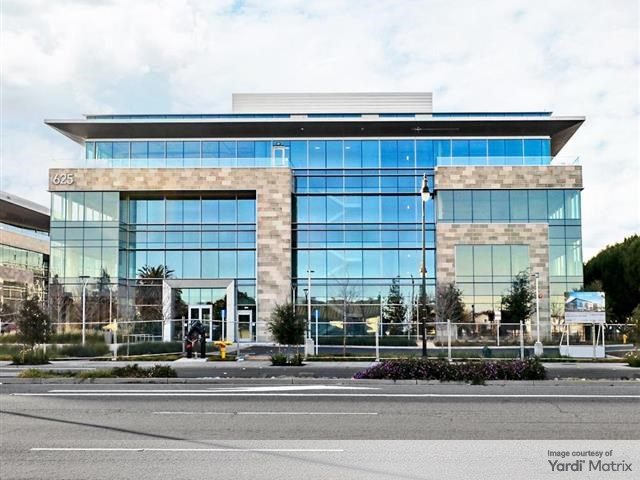
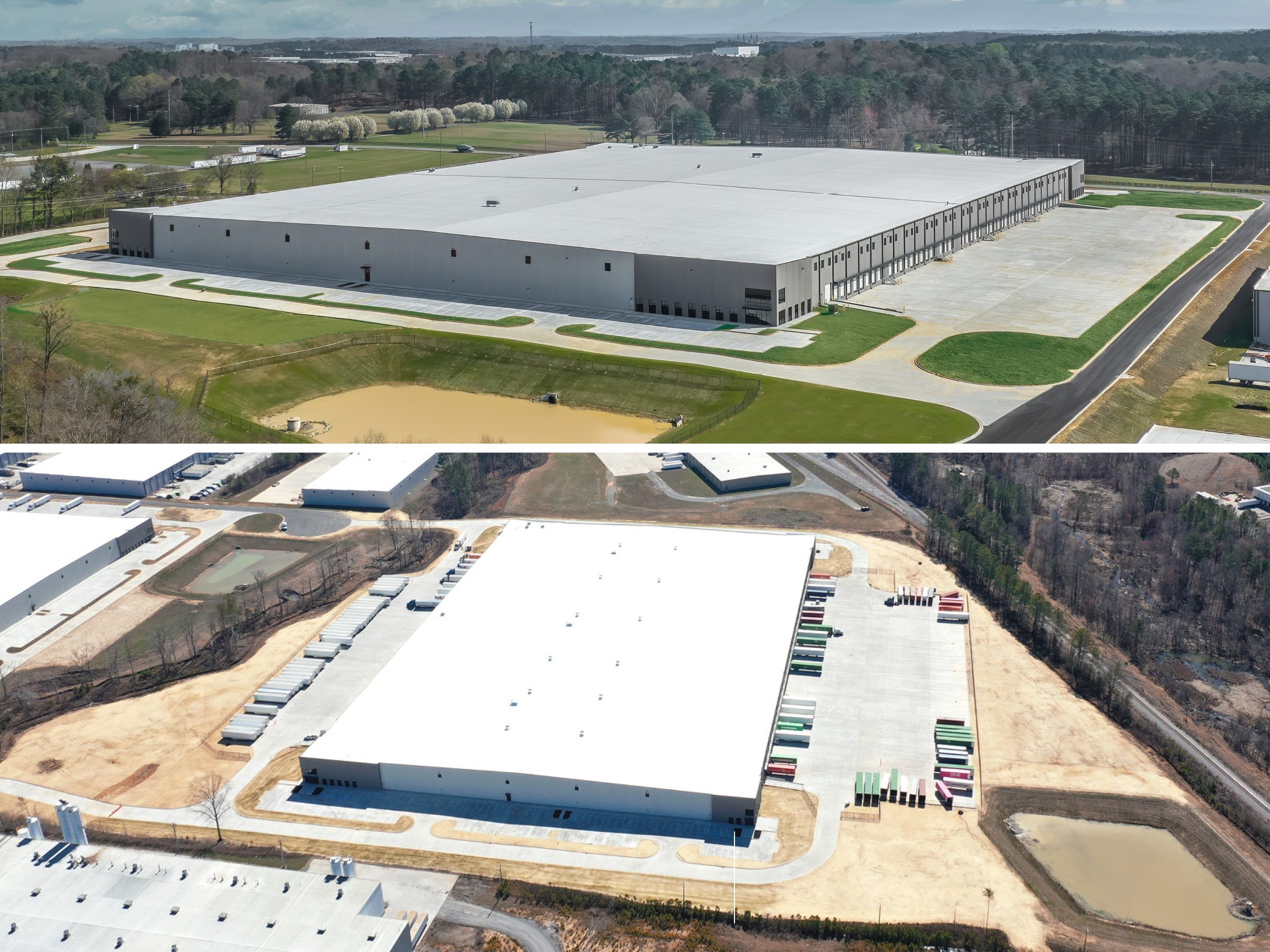
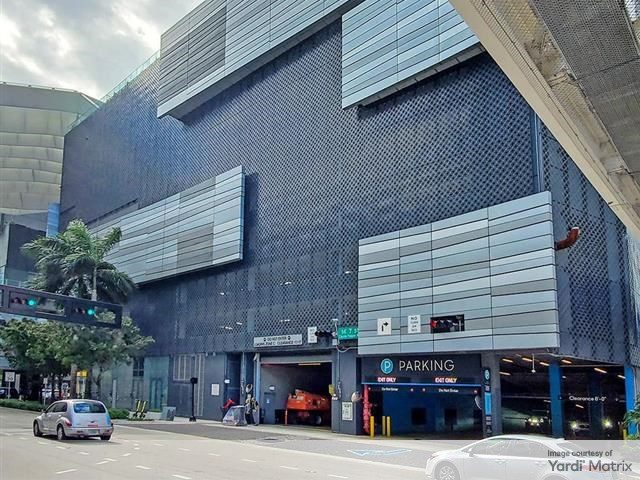
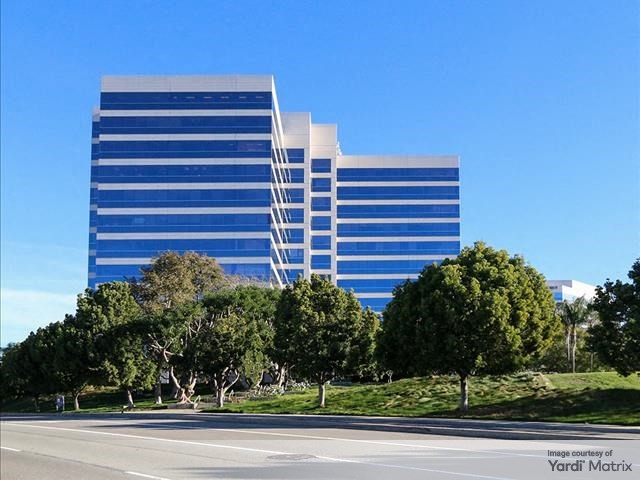

You must be logged in to post a comment.